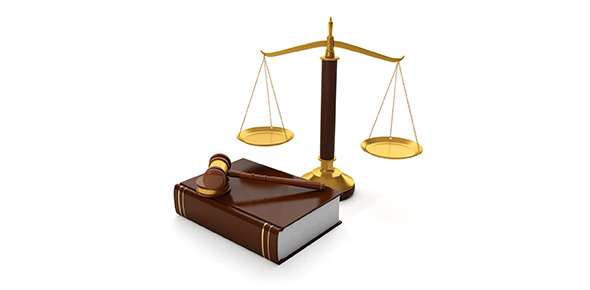Related Flashcards
Related Topics
Cards In This Set
| Front | Back |
|
The authority that an insurer gives to its agent by means of the agent's contract is known as
A. implied authority B. express authority C, fiduciary responsibility D. general authority |
C
|
|
"An insurance contract is prepared by one party, the insurer, rather than by negotiation between the contracting parties." Which of the following statements explains this characteristic of insurance contracts?
A. The insurance contract is an aleatory contract B. The insurance contract is a contract of acceptance C. The insurance contract is a contract of adhesion D. The insurance contract names only the insurer as the competent party |
D
|
|
Which of te following statements regarding insurable interest is not correct?
A Insurable interest exists when the applicant is the insured. B. A policy obtained by a person without an insurable interest in the insured can be enforced. C. The applicant must be subject to loss upon the death, illness, or disability of the insured. D. Generally, the person to be insured must give consent before a policy is issued, even if the applicant has an insurable interest., |
C
|
|
Which of the following statements about authority is not correct?
A. Express authority is granted by means of the agent's contract B. Express authority is determined by a principal's conduct C. Implied authority is is not overtly extended in the agent's contract but does permit many of the agent's operations. D. Apparent authority can be assumed from the actions of the principal. |
A
|
|
Which of the following statements regarding utmost good faith in insurance ccontracts is correct?
A. The concept of utmost good faith-that there is no attempt to conceal, disguise or deceive-applies only to the insurer B. Although a warranty is a statement, it is not technically part of the contract. C. A representation is a statement that the applicant guarantees to be true. D. Most state insurance laws consider statements made in an application for an insurance policy to be representations, not warranties. |
A
|
|
Which of the following statements describes an insurable interest?
A. The policyowner must expect to benefit from the insured's death B. The policyowner must expect to suffer a loss when the insured dies or becomes disabled. C. The beneficiary, by definition, has an insurable interest in the insured. D., The insured must have a personal or business relationship with the beneficiary. |
A
|
|
Which of the following statements describes the parol evidence rule?
A. A written contract cannot be changed once it is signed. B. An oral contract cannot be modified by written evidence. C. A written contract cannot be changed by oral evidence D. An oral contract takes preference over any earlier written contracts,. |
B
|
|
Which of the following is not a distinguishing element of an insurance contract?
A. Offer and acceptance B. Conditional C. Consideration D. Competent parties |
C
|
|
An insurer is considered competent if it
A. is registered with the NAIC B. is licensed or authorized by the state C. follows the Code of Ethics of the state Office of Insurance Regulation D. is registered with the Securities and Exchange Commission |
C
|
|
Competent parties who can enter into insurance contracts are
A. applicants B. trusts and estates C. business entities D. all of the above |
B
|
|
Which of the following is an example of legal consideration?
A. Politeness B. Initial premium C. Legal purpose D,. Offer and acceptance |
D
|
|
With life and health contracts, when must an insurable interest exists?
A. After the policy is issued B. Before the beneficiary is named C. While the policy is in force D. At the inception of the policy |
C
|
|
An insurance company has how many years to challenge the validity of a life insurancecontract?
A. One B. Two C. Three D. Four |
D
|
|
Which of the following terms is used for the voluntary relinquishment of a known right?
A. Estoppel B. Adhesion C. Waiver D. Unilateral |
B
|
|
Bob and Tom enter into a contract in which Bob Agrees to fraudulenty induce sick people to sell their insurance contracts to Tom's companyt. Bob and Tom's contract can best be described as
A. void B., competitive C. voidable D. conditional |
D
|





